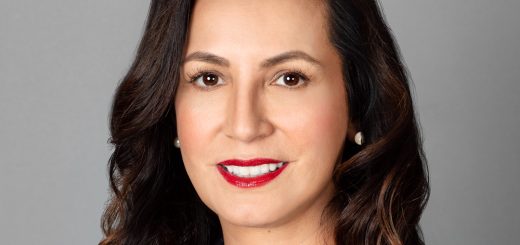Retreat Symposium Discussion Recap
Ana’s Group
- A discussion on the word “progress.” Where does it come from? What do we mean by it?
- What does progress mean in biology? For some it’s a bad word.
- Progress vs. change, and failures of progress.
- New year’s resolutions–are they progress?
- How to get rid of things to move towards the progress of joy.
Chris’s Group
- Progress is nonlinear and circuitous. Sometimes going back can be progress.
- We could use value mapping–we can map the values together.
- Using performance art to describe social progress and ideals of social progress.
- Progress with the caveat of questioning progress.
- Discuss the cyclical nature of our own lives, and detachment from progress. Ideas from Buddhism and meditation.
Alex’s Group
- Who defines progress? What drives progress?
- Presentation of dance progressing over time.
- Samples of food over time: from the Iron Age to the current food movement (which in some ways is like coming back to older times).
- Buzzfeed article about distinguishing between toddler and modern painters–progress in painting, and progress in art.
Sam’s Group
- Having satellite footage of the research triangle park area. Capture progress of area in satellite footage.
- Idea of self-improvement.
- Progress of knowledge vs. quality of life (two different types of progress in conflict).
- Creative destruction; progress through destruction.
- Gambler’s fallacy as illusion of progress (Monica)
- Meditation: the idea of progress as rejecting the drive for progress
Bryce’s Group
- Ideas of progress determined by the culture of the place where we live. In defining progress it might be movement towards a goal, but that goal (or the possible goals) is given by our culture.
- More mundane ideas of progress. Get up and live your day, and then there you are in bed again. What has happened? What has changed?
- Make a film of people in other countries discussing what they see as progress, or what progress connotes in their culture.
Meg’s Group
- This group discussed questions such as:
- If you had three words, how would you define it?
- Ideas of what is progress and who gets to define it?
- Social progress: how are we making these decisions?
- Not just thinking of the past 100 years, but thinking of larger chunks of history–does humanity change?
- Perhaps we can link a more fun activity with something more formal or traditional at the Symposium.
- Yoga as a progression of movements. We could expand to the history of yoga, spreading cross-culturally–could that count as progress?
Molly’s Group
- We want to know what would count as progress in different disciplines. What is the latest progress out of computer science or areas that don’t get represented as often, especially from the medical school?
- Non-traditional ideas for presentations:
- Case studies of vignettes to inspire discussion of controversy around progress.
- Using specific questions to interactively poll the “audience” at the symposium and display the results, to see what patterns are reflected in different ideas of progress (by discipline, age, or other frames)
- Counterpoint debate to hear controversies around progress. (For example, for genetic engineering, how would philosophy vs. BME view progress here)
- Progress of women in the Middle East (Hadeel) or of technology affecting social traditions, including religions (Aleah).
Kelly’s Group
- What is progress from an economic perspective? It could be considered making more money, but not necessarily. Depends on your values. It could be making money or spending less, or it could be putting efforts towards public health, decreasing rates of disease, etc. Sometimes progress involves sacrificing goals. Are the trade offs worth it? Economy and progress (it is accepted that they go together). From one perspective, we need money for societal progress, (i.e. money to communities to stimulate revitalization, but also for individual progress). Capitalism is the model of how we determine modern progress. Capitalism has created our imaginary idea of progress and has created this dystopian thought of the future.
- The issue of power is central to the idea of progress, which is shaped by and driven by people with wealth and power. In some ways progress can be seen as a way of creating a hierarchy between the geographic North and South (where the North is seen as having achieved more progress and is therefore superior). We’re in the midst of a social transformation. Other cultures not so much. Other cultures already had this. Some countries seen as “less progressive” but have higher scores on the Global Happiness Index.
- Distinction between individual and societal progress. With societal progress, people think that it’s inevitable, but is it?
- Do you think universities are centers of progress? Lecture idea: having a professor gives a talk about dystopian anxiety about progress and fear of end of the world. Why do people have a dismal perspective? Progress and imagination and progress and money?
- How does imagination inform progress? Symposium idea: having an art professor or uni do art and progress presentation. Could you tell the chronological sequence of pieces. Artistic representations of progress.
- Lecture idea: have someone from gender studies program. Have professors from those fields talk about social progress.
- Idea for lecturer: Professor at UNC on the idea of development (Arturo Escobar).
- Environmental ramifications of progress in decision making.
- Symposium idea: how to make better decisions that move us towards personal progress. Things we can do personally, organizationally, or societally. How can we set things up structurally to improve the decisions that we make?



